Introduction to CNC Spring Machines
CNC spring machines are sophisticated pieces of equipment designed for the production of springs with high precision. These machines leverage computer numerical control (CNC) technology to ensure consistent quality and precise spring dimensions, catering to a variety of industrial applications.
Types and Applications
The versatility of CNC spring coiling machines allows for the creation of a wide range of spring types, including compression, extension, and torsion springs, each serving distinct functions in various sectors. These machines are integral in industries such as automotive, aerospace, and electronics, where springs are essential components.
Technical Features
Spring forming machines are equipped with advanced features such as multi-axis control and servo motors, enabling them to manipulate wire into precise shapes with minimal waste. The integration of sophisticated software allows for easy programming and operation, making them suitable for both large-scale production and custom spring manufacturing.
Material Considerations
The construction of springs using a CNC wire forming machine involves various materials, including stainless steel, titanium, and high-carbon steel, to match the specific durability and flexibility requirements of the application for which the spring is intended.
Advantages of CNC Spring Machinery
Utilizing a CNC spring making machine offers numerous advantages such as enhanced production speed, improved accuracy, and the ability to quickly adapt to different spring designs without the need for extensive manual adjustments. This efficiency is crucial for meeting the demands of rapid production cycles.
Selection Considerations
When exploring the range of spring manufacturing machines on Alibaba.com, it is important to consider factors such as wire diameter capacity, the maximum speed of production, and the level of automation required. These considerations ensure the selection of a machine that aligns with specific production needs.
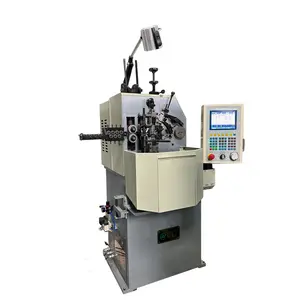
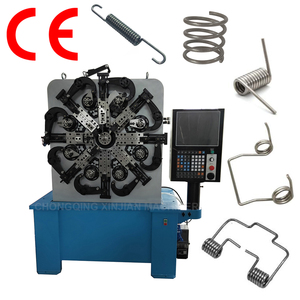

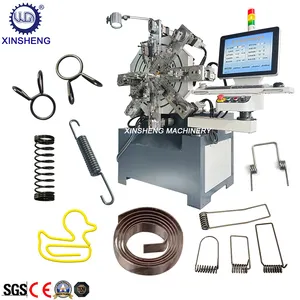








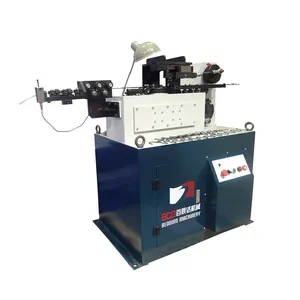








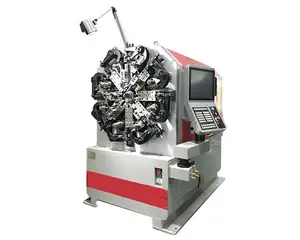







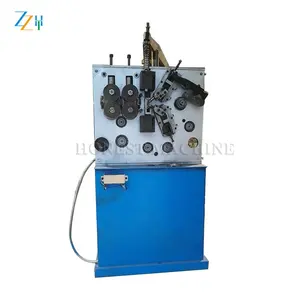



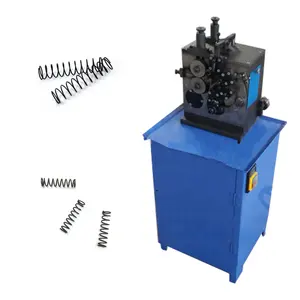

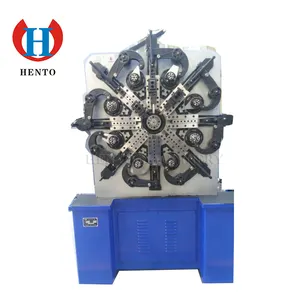




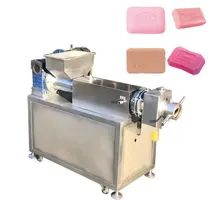
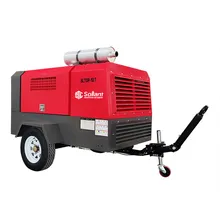
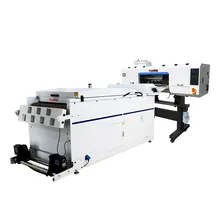
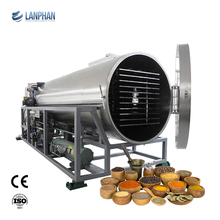
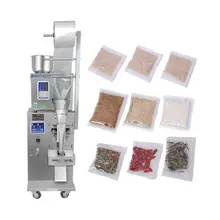

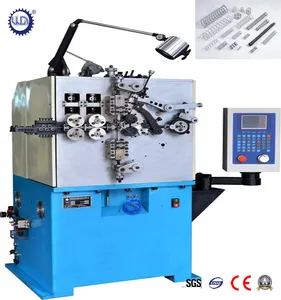

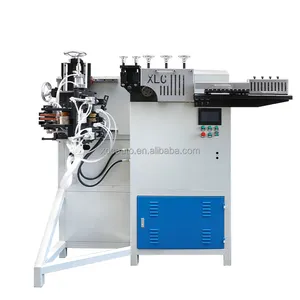

























 浙公网安备 33010002000092号
浙公网安备 33010002000092号 浙B2-20120091-4
浙B2-20120091-4